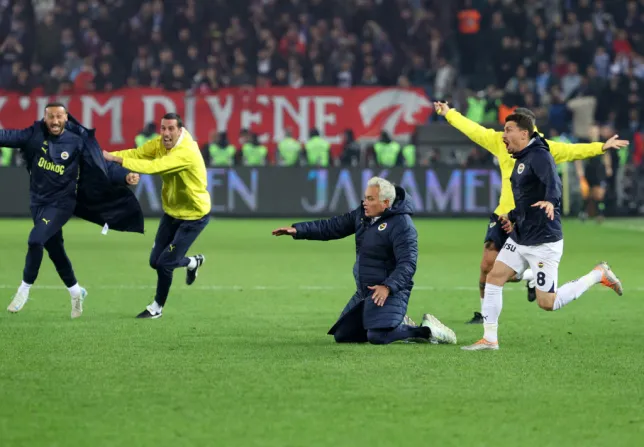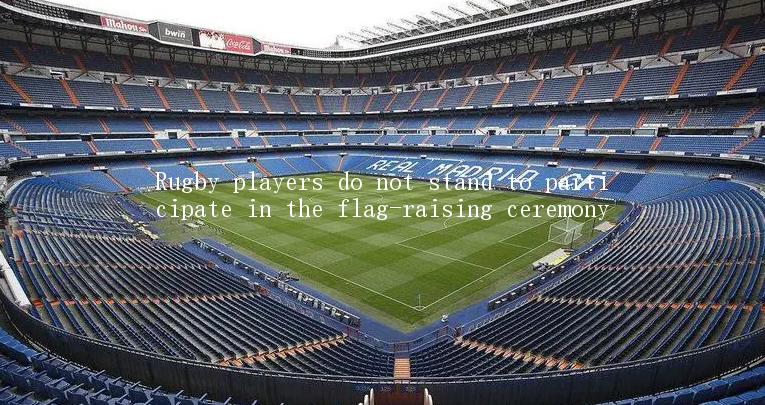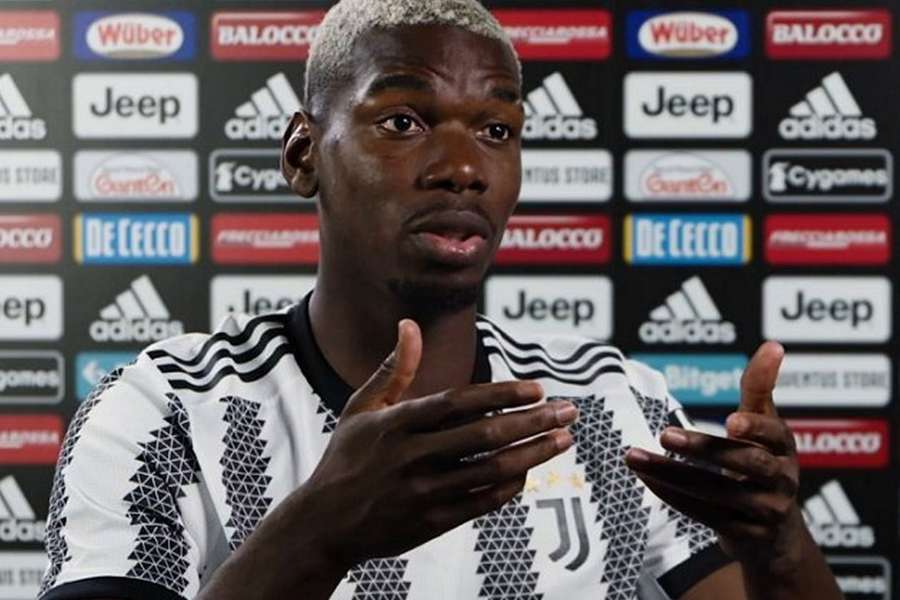Exposure video of angry scenes of snooker players

Recently, a video of an angry scene of snooker players exposed has attracted widespread attention on the Internet. In the video, a snooker player lost control of his emotions after being scored by a key goal by his opponent, and released a deafening roar and a strong act of sabotage. This scene has sparked discussions in the professional sports world and sparked our thinking about emotional management.
In the professional sports world, players face huge competitive pressure and psychological challenges. In a snooker game where winner or loss is determined by one goal at critical moments, players 'emotions can easily fluctuate. They need to adjust their emotions and maintain a stable mentality in order to better utilize their strengths. But in fact, many players often show out-of-control behavior when they break down emotionally.
From the angry scenes of the snooker player, we saw that he chose an extreme way to release his emotions. However, this method is undoubtedly undesirable. It not only destroys the normal order of the game, but also conveys a negative demonstration effect on the audience. Players need to realize that venting their emotions will not solve the problem, it will only put themselves in a worse situation.
In order to better manage emotions, professional players need to learn to regulate and control emotions. When faced with setbacks and stress, they can calm down their inner excitement by self-calmness and deep breathing. In addition, communication with coaches and psychological counselors is also critical. Through their guidance and help, players can systematically learn emotional management skills and improve their psychological qualities.
For the audience, we should also treat the emotions of athletes correctly. Whether on the playing field or in life, everyone will encounter moments of emotional fluctuations. We should maintain an understanding and tolerance attitude and not be too demanding of athletes 'performance under pressure. After all, they are also mortals, not superhumans.
In sports, emotional management is very important for professional players. They need to learn to control their emotions within appropriate ranges to better utilize their strengths. The audience needs understanding and tolerance, and provides support and encouragement when players lose control. Only by working together can professional sports move forward more healthily and actively.
RELATED STORIES


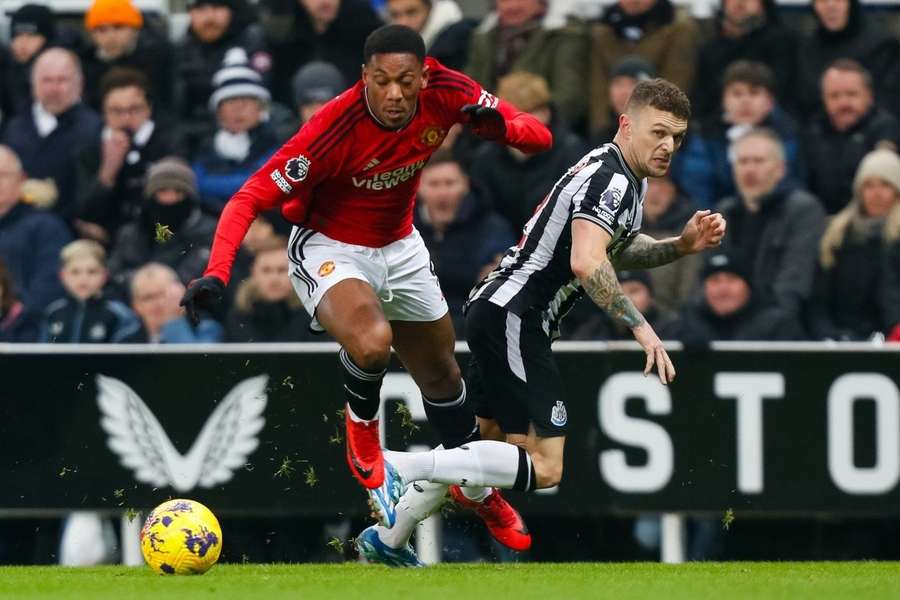

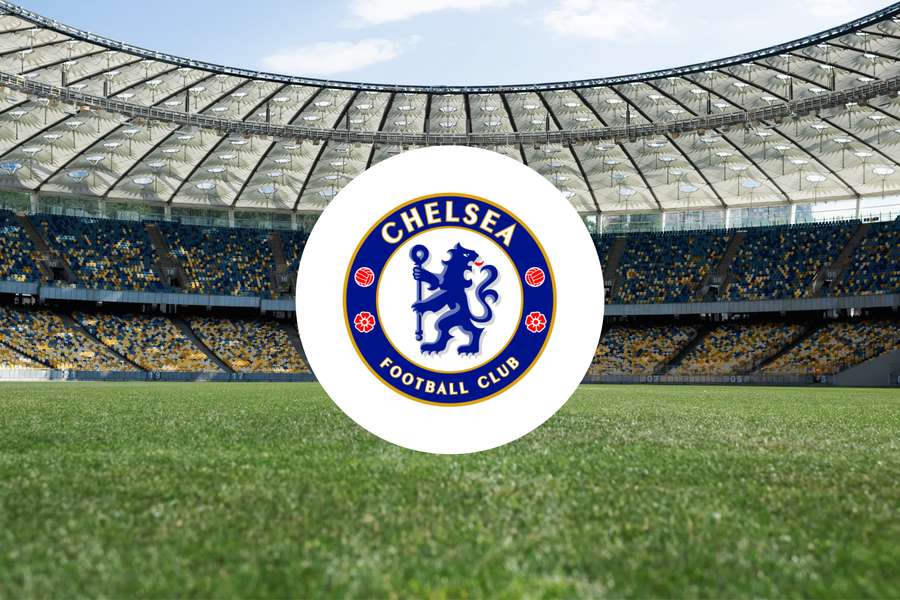

LATEST NEWS

